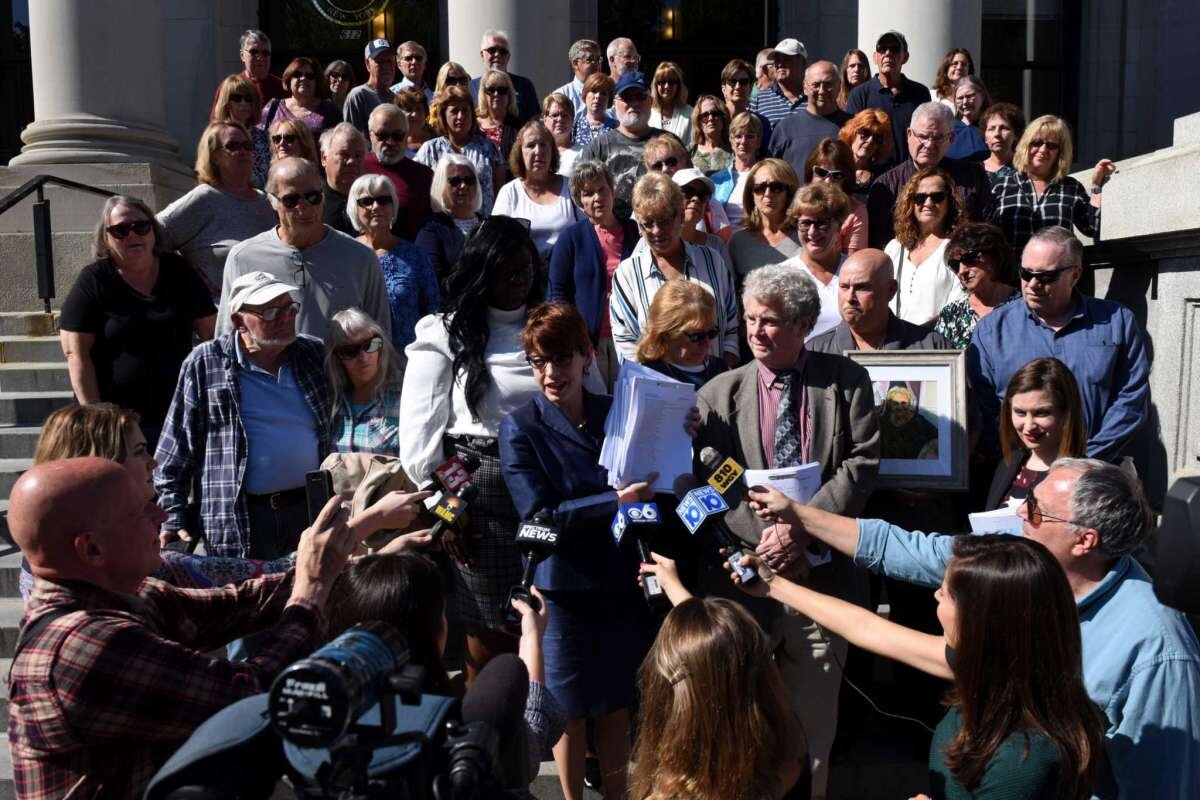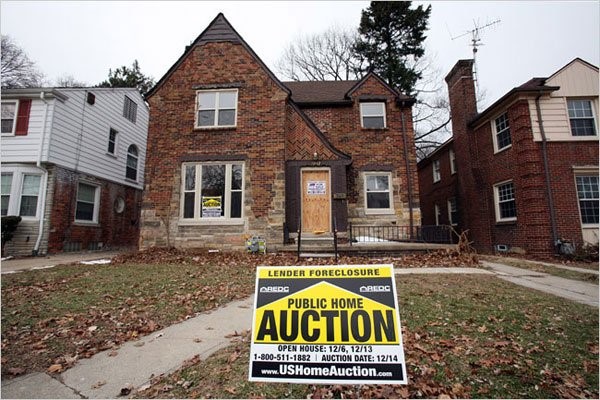Economic Justice: Low-Income Detroiters To Keep Their Homes
Ajmel Quereshi, Senior Counsel, NAACP-LDF
In 2011, mortgage foreclosures in Detroit were at an all-time high and housing prices were at an all-time low. Under these economic conditions, Cynthia, a lifelong renter, could afford a piece of the American Dream.
Like many homes in Detroit, the single-family home Cynthia purchased had been vacant for years, evidence of how hard the 2008 financial crisis had hit the Motor City. Given the modest cost for the home, Cynthia had no idea the high property taxes she’d have to pay to keep it.
During and after the Great Recession, when property values were at their lowest, the City of Detroit failed to annually reassess the value of properties like Cynthia’s. Her tax bills were consequently based on outdated assessments, requiring Cynthia to pay a much higher tax rate than she should have been charged. On her limited income, Cynthia was unable to pay these unlawfully excessive bills.
Under Michigan law, low-income homeowners can apply for a hardship exemption that reduces or eliminates their tax burden. But when Cynthia sought the exemption, she encountered an utterly broken process. To apply, she first had to complete a preliminary application in-person to receive the formal application, which was mailed to her just days before it was due. Worsening matters, the application required irrelevant supporting documents such as her children’s most recent report cards. Cynthia gathered all she could within the application’s short timeline. Despite her effort, the City never even notified her of her application’s status.
Few eligible homeowners knew about the exemption, resulted in tens of thousands of low-income Detroiters losing their homes for inability to pay taxes they should’ve never been charged.
In the meantime, she was forced into a costly payment plan to save her home from foreclosure. She regularly faced the choice of paying her tax bill or keeping the lights on. Like many in her predicament, she often chose to keep the lights on.
As Cynthia remained in the dark about Detroit’s hardship exemption, the pattern continued: each year she was taxed an amount she couldn’t afford and renegotiated an expensive payment plan on unsustainable terms. In her last re-negotiated plan, Cynthia was told she’d have to pay a flat fee of $5,000 to save her home. She folded, and her home will be offered up at an auction this fall.
Cynthia is not alone. These obstacles, combined with the fact that few eligible homeowners know about the exemption, resulted in tens of thousands of low-income Detroiters losing their homes for inability to pay taxes they should’ve never been charged. This foreclosure crisis had a disproportionately devastating effect on African-American homeowners, who are often more likely to be foreclosed on than non-black homeowners.
Walter Hicks, one of the brave named plaintiffs who stood up for the community.
In July 2016, the NAACP Legal Defense Fund, the ACLU of Michigan, and the law firm of Covington & Burling LLP sued the City of Detroit on behalf of low-income homeowners like Cynthia. The lawsuit alleged that the process for Detroiters to obtain a hardship exemption was so confusing and difficult that it violated their due process rights under the U.S. Constitution.
In a major win, a settlement was reached this month that will provide financial relief to residents at risk of losing their homes. The agreement resolves the lawsuit, MorningSide Community Organization v. Sabree, and will save the homes of more than 300 homeowners and their families this year. The agreement will save hundreds more in 2019 and 2020.
The settlement will also make it less burdensome for residents to apply for Detroit’s Homeowner Property Tax Assistance Program, the near-secretive hardship exemption that could have saved Cynthia’s home. Under the settlement terms, the City will create a simpler application process. The City will now mail a notice about the hardship exemption program each year to all homeowners with homes worth less than $95,000. The updated process will have fewer paperwork requirements, and the application—which had to be obtained by mail only after filling out a preliminary in-person application—will now be available for download on the City’s official website. For additional tax relief, the City of Detroit will forgo recovery of its portion of the taxes, resulting in an approximately 40 percent reduction in back taxes owed and savings to homeowners of over $1 million.
As Kenneth Patterson of the Oakman Boulevard Community Association, one of the local neighborhood groups that filed the 2016 lawsuit, said, “neighborhoods are stronger when people stay in their homes.” This settlement does just that by making tax relief more open and accessible to those struggling homeowners who it was specifically designed to assist.
Read our statement to learn more about the terms of the settlement.











